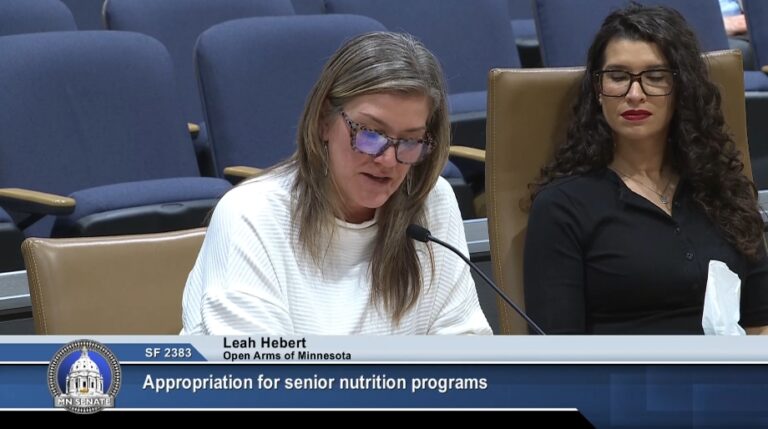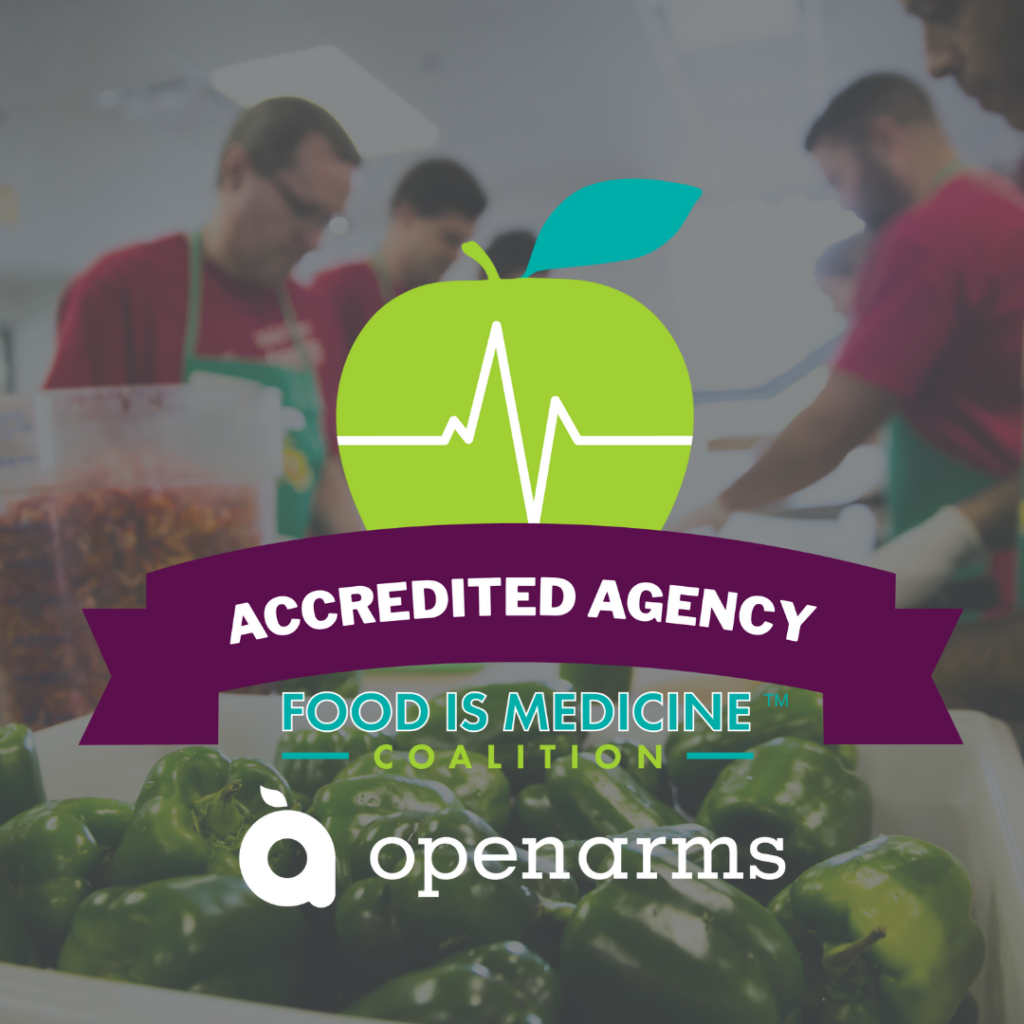By: Brianna Tobritzhofer, MS, RD, LD – Senior Manager of Nutrition and Client Services
The American Society for Parenteral and Enteral Nutrition (ASPEN) has identified the week of September 23rd-27th as Malnutrition Awareness Week. This is a campaign to educate healthcare professionals and consumers/patients on the condition and the importance of identifying and treating it early.
What is Malnutrition?
Malnutrition is a condition that results from inadequate food or nutrient intake as a result of illness and/or starvation. Depending on the individual situation, malnutrition varies in severity from mild, to moderate, to severe. If it goes untreated, malnutrition may have a negative impact on patient health outcomes leading to longer hospital stays, increased medical costs, and increased mortality.
Some signs and risk factors of malnutrition include the following: unplanned weight loss, loss of appetite, inability to eat or only able to eat small amounts, weakness or tiredness, swelling, and inflammation.
The prevalence of malnutrition in the United States is difficult to estimate and it varies among healthcare settings. Several researchers have attempted to define the exact prevalence, but it is widely variable depending on the methods used in research studies. For example, one review of studies involving hospitalized older adults reported a prevalence rate of 12% to 70%. The percentages of those affected by the condition depends on many different factors, such as age, medical diagnoses, living situation, healthy food access, and quality of care.
How does Malnutrition Relate to Open Arms?
Open Arms serves individuals who are living with life-threatening illnesses, including the following:
- HIV/AIDS
- Cancer
- Multiple Sclerosis (MS)
- Amotrophic Lateral Sclerosis (ALS)
- End Stage Renal Disease (ESRD)
- Congestive Heart Failure (CHF)
- Chronic Obstructive Pulmonary Disease (COPD)
Our meals are planned specifically to support the treatment of these chronic diseases. For example, our heart healthy menu is low in sodium for our clients who have salt restrictions as a result of CHF.
Approximately 10% of the clients we’ve served in the past year have a malnutrition diagnosis. Of those cases, 90% of them are defined as severe malnutrition. Additionally, 12% of new clients referred to our services in 2019 have had a severe malnutrition diagnosis.
The good nutrition we provide with our medically-tailored meals has the potential to prevent infections and promote healing among the clients we serve. We help our clients achieve a healthy, balanced diet that includes adequate calories and nutrients in an effort to help them feel stronger, adhere to their treatment schedules and medications, and maintain their weight. Our services play an integral role in supporting the prevention and/or treatment of malnutrition within our client population.
Open Arms’ medically-tailored meals aren’t the only strategy we use to help prevent/treat malnutrition. We have 3 registered dietitians (RDs) on staff who provide our clients with continuous nutrition education and counseling. Those diagnosed with malnutrition are prioritized for follow-up from the RDs after they’ve been assessed. The RDs may provide recommendations to improve clients’ calorie intake or change their menu to an option that’s more supportive of their nutritionals status. They may also help them access nutritional supplements, which add extra calories and protein to clients’ diets while they are unable to tolerate full, solid meals.
Organizations like Open Arms are an important and often overlooked part of the healthcare system. This week (and always) we support ASPEN in their efforts to increase awareness of malnutrition and strategies to prevent it!







